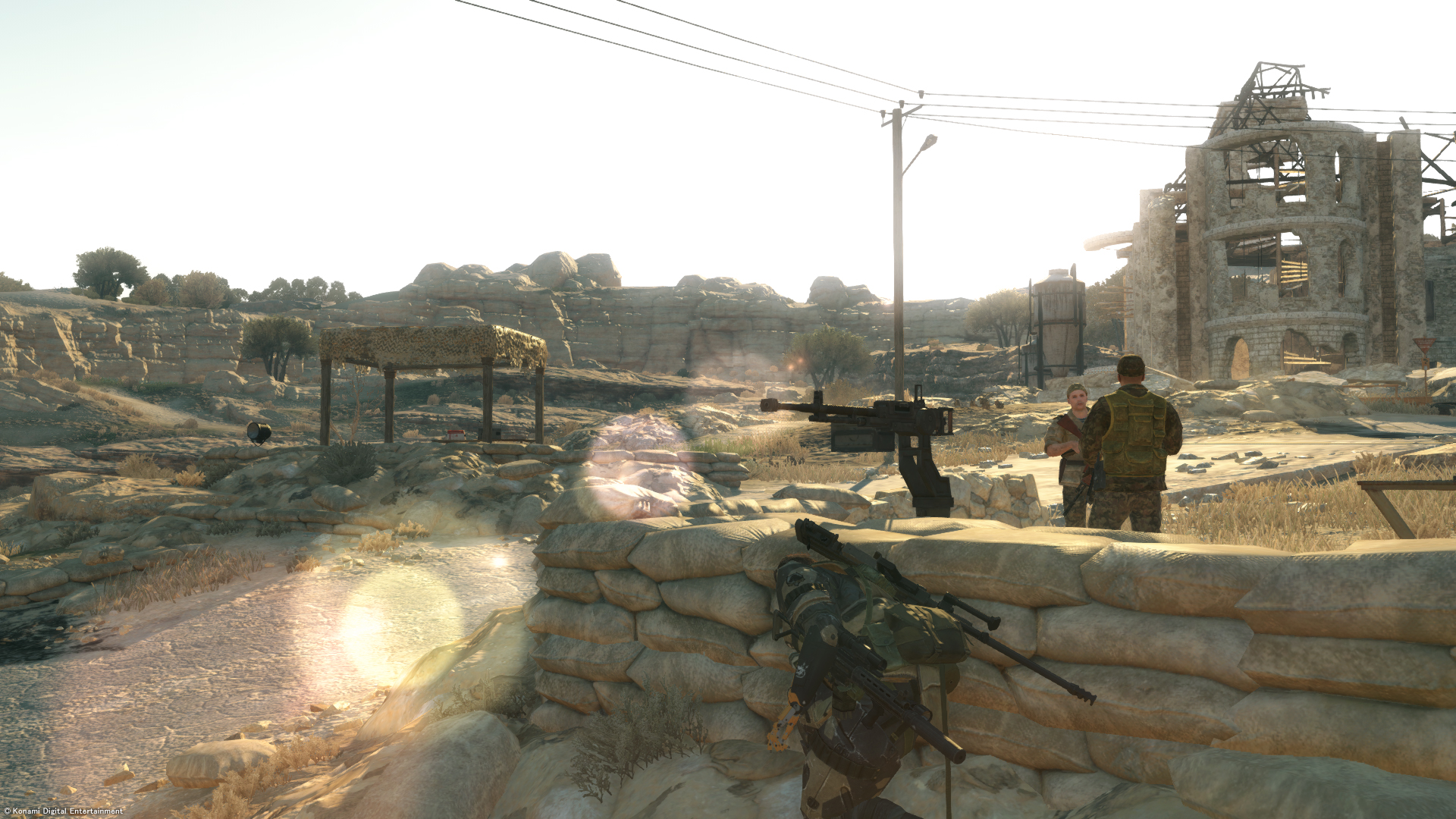The grisly terrorist attacks carried out in Paris last week were yet another painful reminder of the ongoing war Islamic extremists are waging against the world. It is hard for us to make sense of the bloodshed, brutality, and rage behind their strike. Every new body bag begs the question, why do they hate us? Although this question is incredibly complex and books could be and have been written about it, many still arrive at an overly simplistic answer.
Scroll through politically charged Facebook fights or listen to the media and you will hear a common refrain. Many point their finger at the terrorists and say, “they hate our freedom and way of life.” Although pleasingly simple, this position is largely wrong and fails to provide a constructive framework for understanding or resolving the issue. Even more worrisome, characterizing their actions as a response to our freedom belies our own role in ISIS and other extremist groups’ rise to power.
If our freedom was the cause of the extremists’ ire, this violence would have manifested itself centuries ago. We have been a free nation (if you ignore slavery, segregation and ongoing LGBT bigotry) for centuries. Islam has existed for even longer. However, Islamic extremism is a modern phenomenon, there has to be more to it.
When you point a finger at someone else, you have three fingers pointing back at you. Our fingerprints are all over the region. A lot of the instability in the area can be traced back to the origins of the modern state boundaries.
After World War I, France and England carved up the Middle East to satiate their imperial appetites. Drawing the boundaries of nations to satisfy personal interests, and completely ignoring the ethnic, cultural, and political realities of the territory, is a recipe for instability.
America has also played its part in antagonizing and destabilizing the Middle East. In 1953, the United States helped facilitate a coup in Iran that ousted a democratically elected prime minister and installed an unpopular dictator in his place. In 1979, this dictator, Shah Pahlavi, was deposed in a revolution that ushered in an Islamic government that resented the West.
After the discovery of oil in the region, America allied itself with a strict Saudi regime that promulgates an austere brand
of Islam. When Iraq invaded the oil rich nation of Kuwait in 1990, the United States led a coalition that soundly beat back Iraqi forces. However, after the conflict concluded, America still maintained a military force in the region. The presence of American troops in Saudi Arabia angered Osama bin Laden and his fellow jihadists. In 1998, Osama Bin Ladin issued a fatwa that cited the presence of American soldiers in the Arabian Peninsula as a reason for his attacks.
The most salient example of destructive American intervention occurred in 2003, when America invaded Iraq and toppled Saddam Hussein. The war killed an estimated 100,000 Iraqi civilians, and is considered by many to have been waged under false pretenses. The United States cited evidence of Hussein possessing, or at least attempting to acquire, weapons of mass destruction, but none were ever found.
While attempting rebuild the country, America disbanded the entire Iraqi army and, in a policy known as de-Baathification, fired tens of thousands of government officials belonging to the Baath party.
Many of these now jobless individuals joined the insurgency or other extremist groups. When American troops left Iraq in 2011, ISIS gained a foothold due, in part, to the power vacuum our absence created.
The West is being attacked because of how we have dealt with the Middle East, not solely because of our freedom. However, I want to be clear; although our previous actions may partly explain the terrorist attacks, they do not justify them. What transpired in France, Lebanon, Egypt and elsewhere is inexcusable and morally depraved. ISIS must be destroyed.
Acknowledging how we have erred in the past allows us to make informed decisions in the future. If our very presence in the Middle East is what engendered so much anger in the first place, invading Syria to destroy ISIS is not a viable solution.
In order to end Islamic extremism, America needs to learn from its mistakes and stop stoking the flames that fuel it.



